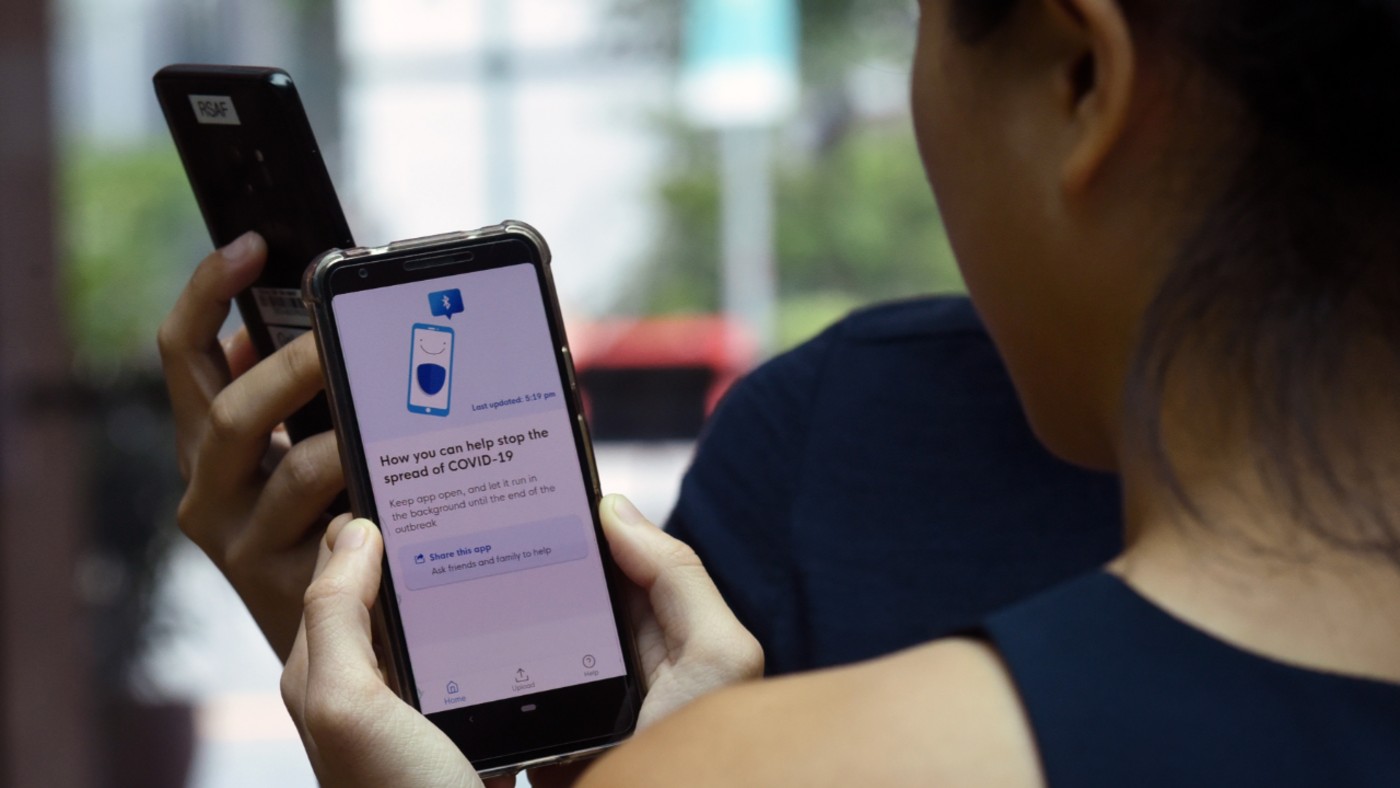Is contact tracing the key to ending the lockdown?
Scientists warn about effectiveness of app-based tracking as UK prepares to roll out three-tiered system

A free daily email with the biggest news stories of the day – and the best features from TheWeek.com
You are now subscribed
Your newsletter sign-up was successful
The UK is to recruit and train thousands of coronavirus contact tracers in a bid to help end the lockdown and slowly lift the quarantine that has brought the economy to its knees.
“The discussion about exit strategies has largely focused on two capabilities that will be needed to prevent new outbreaks of infections once people go back to work — extensive testing to spot new infections and smartphone apps that can provide a record of an infected person’s recent locations,” says the Financial Times.
Under plans first revealed by The Times, around 15,000 recruits, including council staff and civil servants, will work alongside the new NHSX app that monitors people’s contacts digitally, as part of a three-tiered system to ensure that every infected person is isolated before they pass the virus on to others.
The Week
Escape your echo chamber. Get the facts behind the news, plus analysis from multiple perspectives.

Sign up for The Week's Free Newsletters
From our morning news briefing to a weekly Good News Newsletter, get the best of The Week delivered directly to your inbox.
From our morning news briefing to a weekly Good News Newsletter, get the best of The Week delivered directly to your inbox.
Due to be operational in a matter of weeks, when fully up and running experts expect to be able to track at least 80% of the people a coronavirus patient has come into contact with within 24 hours of diagnosis.
Yahoo News says “targeting specific people who may have come into contact with people who have had coronavirus would potentially allow more targeted quarantine measures than the current blanket lockdown. This could mean that strict lockdown measures could be relaxed as those who are infected or at a possible risk of having been infected are in quarantine”.
However, Politico says “contact tracing only works if you have the capacity to test each and every possible victim, of course — which is why Health Secretary Matt Hancock’s target to reach 100,000 tests a day by the end of the month is now so important”.
Countries that adopted the “test, trace, isolate” model early, namely South Korea, Singapore and Germany, have been some of the most successful in keeping the number of coronavirus cases and deaths down.
A free daily email with the biggest news stories of the day – and the best features from TheWeek.com
This raises further questions about the UK government’s strategy, given “contact tracing for coronavirus patients was abandoned more than a month ago as cases spiralled - despite clear warnings from the World Health Organization that tracing was the ‘backbone’ of fighting the outbreak”, the Daily Mail reports.
–––––––––––––––––––––––––––––––For a round-up of the most important stories from around the world - and a concise, refreshing and balanced take on the week’s news agenda - try The Week magazine. Start your trial subscription today –––––––––––––––––––––––––––––––
However, support for app-based contact tracing is far from unanimous in the scientific community.
“Such apps look attractive to countries looking to lift restrictions, but there is growing evidence that it will be difficult to make them work,” says New Scientist.
A simulation of a city of one million people by researchers at the University of Oxford found that 80% of smartphone users in the UK would need to install a contact-tracing app in order for it to be effective in suppressing an epidemic. This equates to 56% of the entire population.
As well as uptake and scale, New Scientist lists Bluetooth problems, quality of data and privacy as major obstacles in the widespread use of apps to track the virus.
“The new health apps will be, at best, a partial solution to mapping an outbreak because they can often provide only clues about possible contacts,” says the FT.
San Francisco, in the heart of Silicon Valley, has adopted an approach that eschews smartphone tracking altogether and centres instead on “traditional, relatively low-tech approach: an in-depth, voluntary phone interview with a Covid-19-positive patient about their recent interactions with friends, neighbours and colleagues” says NPR.
Dr Mike Reid, who is heading up the city’s contact-tracing effort, says “end-user apps will never obviate the need for a robust public health response. Making phone calls, while old fashioned, is the best way to do what we have to do”.